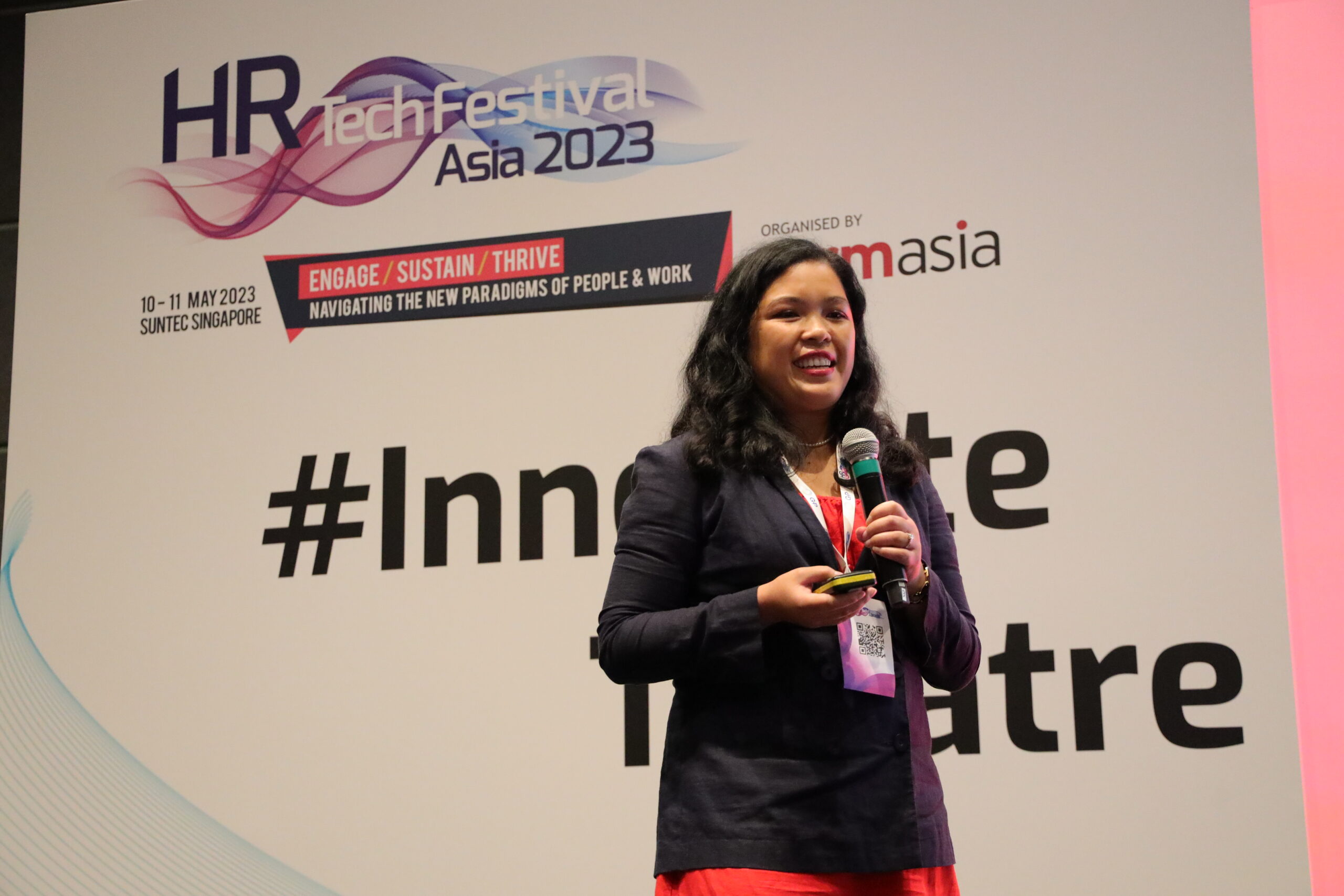Transforming HR with data: The potential of people data analytics
- Josephine Tan

In a rapidly evolving world where the significance of leveraging people data analytics is gaining momentum, Jelvie Grech, People Systems Lead for REA Group, delivered a thought-provoking presentation at HR Tech Festival Asia 2023 held from 10-11 May 2023. With her presentation titled Why People Data Analytics Is Poised to Drive Big Changes In 2023, Grech highlighted the transformative potential of people data analytics in shaping the future of work.
Building upon the insightful discussion, HRM Asia caught up with Grech to further address some of the questions raised during her presentation.
Can you share some tips on how to kickstart efforts to upskill HR team in data literacy?
Grech: Data literacy in HR involves prioritising data when discussing challenges or opportunities. In the People Systems curriculum that I am teaching at Victoria University, I encourage students to relate real-life business events to the types of people data and metrics they would need to support the organisation. This requires accessible data infrastructure such as human resources information system (HRIS) platforms and further training to empower HR practitioners with the ability to access the data and turn them into insights that will enable them to support leaders in making data-driven decisions.
How can people analytics maturity levels be correctly analysed across organisations?
Grech: According to Deloitte’s survey, people analytics maturity can be classified into four levels. At level one, organisations primarily use data reactively, focusing on compliance and resolving immediate issues. Moving to level two, organisations begin to establish and expand their data infrastructure, incorporating some level of security measures. Level three marks the stage where automation is introduced, making people analytics widely accessible and influential in critical decision-making processes. Finally, level four represents the ultimate objective, where people analytics is deeply ingrained within the organisation, leading to increased investments and its integration into enterprise-wide analytics initiatives. However, only a small number of organisations have achieved level four, with most currently operating at level two.
READ MORE: HR Tech Festival Asia 2023: HR transformation in the future of work
How do you successfully put the right data governance in place when it comes to applying data analytics in big organisations?
Grech: Data governance is a combination of ownership and framework. To initiate the process, it is crucial to identify the critical datasets and determine the appropriate owners within the leadership team. Subsequently, a framework should be established, consisting of policies and guidelines that dictate the access and usage of data, clarifying who can access it and under what circumstances. It is essential to define a change process and develop a roadmap for ongoing enhancements. Considering the sensitivity of the information involved, it is imperative to implement controls to identify and mitigate risks effectively.






